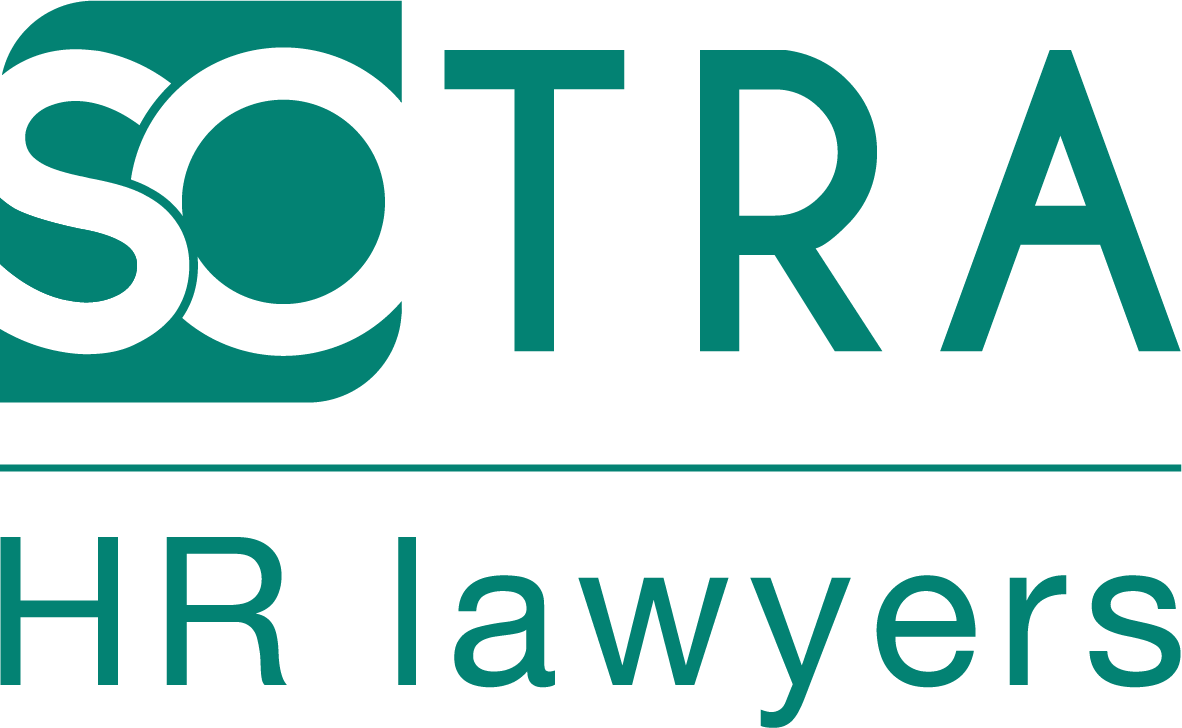
New Private Investigations Act regulates employers' ability to conduct workplace investigations
A transparent framework is now required for employers who want to use an external or internal private investigator to gather evidence.

Private investigations can be useful in the workplace and employers are increasingly using them. The legal framework for private investigations has been updated, bringing with it new obligations for employers. These also apply if the employer has an internal investigation carried out by the HR staff.
Context
Employers often rely on private investigations to examine employee conduct or uncover facts, such as in cases of internal fraud or dismissals for serious grounds.
To modernize the legal framework governing private investigation activities, the Private Investigation Regulation Act was adopted on 18 May 2024. These updated rules came into force on 16 December 2024.
The new legal framework applies not only when employers engage external investigators but also when they conduct investigations internally (e.g. through HR staff). Below, we outline some key aspects of the new Act.
1. Commitment to transparency with employees
Employers intending to use private investigations in the workplace must inform their employees in advance. This requires an agreement detailing the authorized use of private investigations and the procedures to follow.
This framework must be transparent, enforceable, and developed in consultation with social partners. While the Act does not prescribe specific formalities, a company policy seems to be the appropriate instrument.
There will be a two-year transition period. Employers have until 16 December 2026 to establish and communicate such a policy. After that date, non-compliant employers will no longer be able to legally rely on private investigations. The external investigator who receives an assignment from an employer in this case will have to refuse.
2. Internal investigations by HR staff
The Act applies to the employer who uses an external investigator and/or an 'internal private investigation service'. For example, this could include HR staff performing occasional investigations, such as analyzing camera footage, reviewing badge reader data, or interviewing colleagues. However, investigations carried out to meet a legal obligation (e.g., by a prevention advisor) are excluded.
Unlike external investigators, HR staff are exempt from the requirement to hold a license or specific identity card. However, they must still comply with other provisions of the Act, such as:
- Observing explicit prohibitions, such as avoiding any suggestion during interviews that the interviewee is compelled to respond or refraining from using deceptive tactics or provocations.
- Maintaining a detailed register and investigation file with a chronological record of all actions taken.
- Submitting a written final investigation report to the employer within one month of concluding the investigation.
3. Consequence of a breach of law
If a private investigation does not comply with the legal requirements, a judge is free to determine the evidentiary value of the findings.
The sanction is more severe in the case of an investigation commissioned by an employer and carried out without complying with the mandatory rules, or if the evidence was obtained in a dishonest manner. In this case, the investigation is null and void and its results cannot be used in court.
To remember
Employers who want to use private investigators must implement a policy governing private investigations by 16 December 2026. Additionally, internal investigations must fully comply with the legal standards for investigative methods.
Source: Act of 18 May 2024 regulating private investigation, B.O.G., 6 December 2024.
